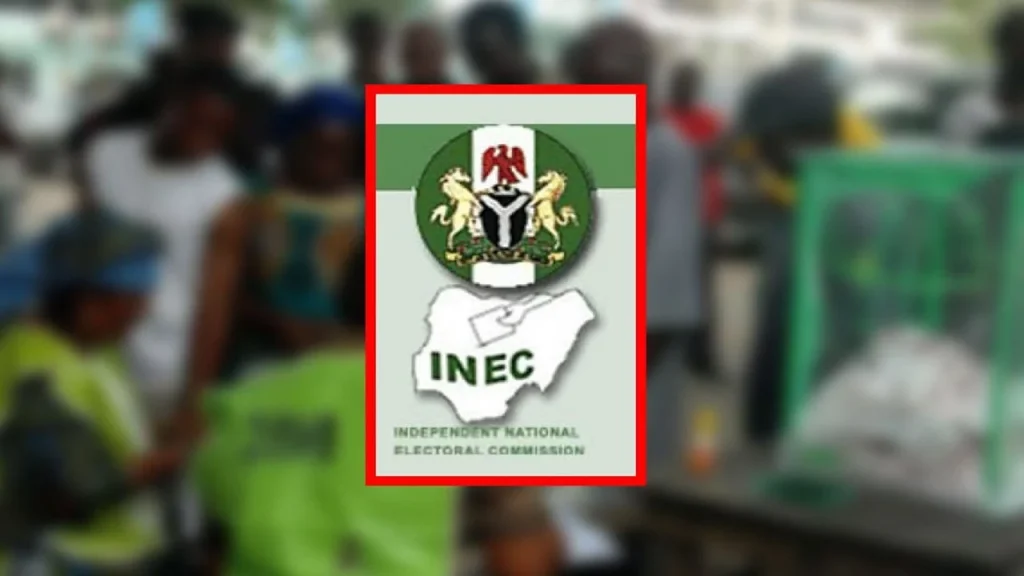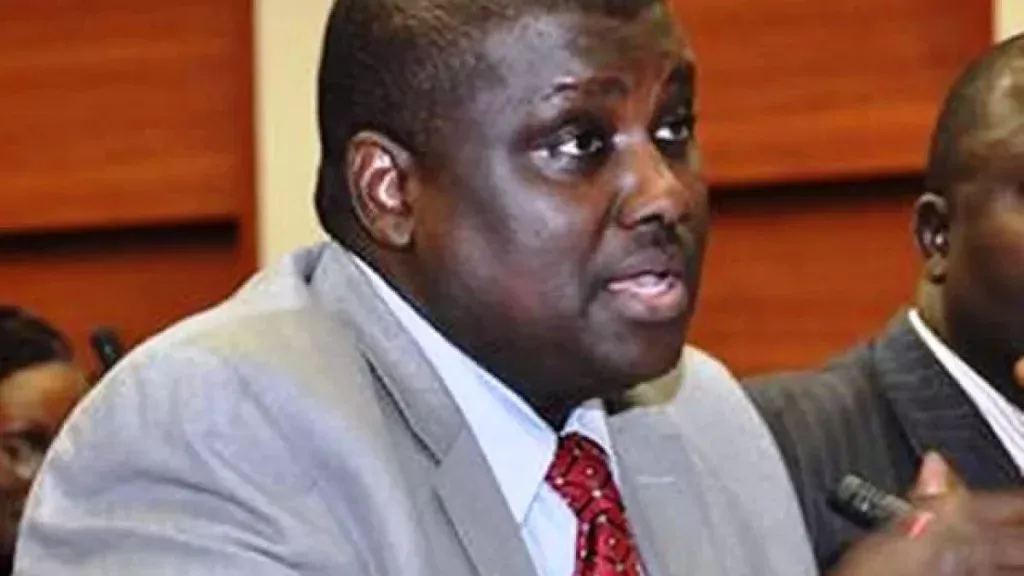Salisu Hauwa, a 33-year-old woman from Gashau, a Local Government Area in northern Yobe State, Nigeria, was diagnosed with chronic kidney disease (CKD) at the Yobe State University Teaching Hospital in Damaturu. Her journey with the disease was marked by excruciating pain, multiple blood infusions, and dialysis sessions in a desperate attempt to save her life. Tragically, she passed away before receiving a kidney transplant, leaving her family in debt.
This heartbreaking story sheds light on the global prevalence of CKD, which affects approximately 10% of the world’s population. In Nigeria, the true extent of the disease remains uncertain, with a high incidence reported in the northeast region. Lack of awareness, shortages of kidney specialists, and the high cost of treatment are significant barriers to kidney care in the country.
In response to this crisis, the Yobe State government has taken steps to address the issue, including providing free dialysis services at the Yobe State Teaching Hospital. Efforts to uncover the root causes of CKD in the region have led to collaborations with international partners, such as the Urology and Nephrology Centre in Egypt, known for its expertise in kidney transplants.
Despite these efforts, more needs to be done to ensure equitable access to kidney care for all. Clear health awareness programs, community outreach initiatives, and strengthening primary healthcare centers are essential steps in addressing the burden of CKD in Yobe State. The government must continue to work with partners to establish a kidney transplantation center in the state and increase access to life-saving treatment for all those in need.



